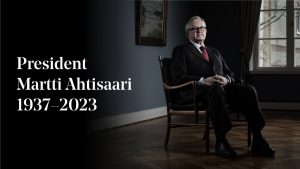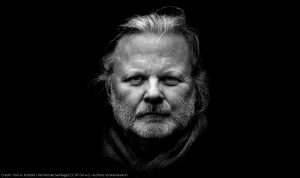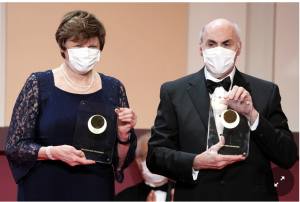The Nobel Peace Prize, the highlight of the annual awards week, was on Friday awarded to the World Food Programme. The WFP has been awarded the Peace Prize for its efforts to combat hunger, for its contribution to bettering conditions for peace in conflict-affected areas and for acting as a driving force in efforts to prevent the use of hunger as a weapon of war and conflict, the committee said.
Whether delivering food by helicopter or on the back of an elephant or a camel, the WFP prides itself on being “the leading humanitarian organisation” in a world where, by its own estimates, some 690 million people — one in 11 — go to bed on an empty stomach.
Founded in 1961, the UN organisation helped 97 million people last year, distributing 15 billion rations to people in 88 countries last year.
The statistics are dizzying but only a fraction of the total number in need.
Despite making progress over the past three decades, the UN’s goal to eradicate hunger by 2030 appears out of reach if current trends continue, according to experts.
Women and children are usually those most at risk.
The Nobel prize — which consists of a gold medal, a diploma and a cheque for 10 million Swedish kronor ($1.1 million, 950,000 euros) — will be presented to the winner on December 10, the anniversary of the 1896 death of Swedish industrialist and philanthropist Alfred Nobel, who created the awards in his will.
This year, 318 nominees were known to be under consideration — 211 individuals and 107 organisations.
On Thursday, American poet Louise Gluck won the literature prize, Emmanuelle Charpentier of France and Jennifer Doudna of the US shared the chemistry prize on Wednesday, and Andrea Ghez of the US shared the physics prize with two male colleagues on Tuesday.
Last year, the award went to a more traditional laureate, Ethiopian Prime Minister Abiy Ahmed, for his efforts to end a 20-year-postwar stalemate with Eritrea. His country now faces inter-ethnic violence and police crackdowns on anti-government protests.





